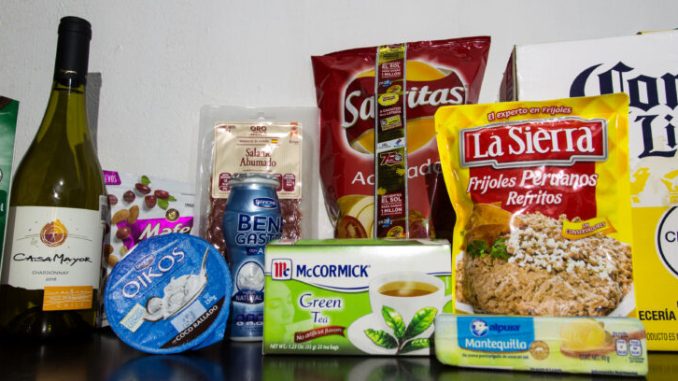
Custom Flexible Packaging March 10, 2024 In the rapidly evolving world of packaging, one trend stands out for its adaptability, efficiency, and innovation: custom flexible packaging. This approach to packaging combines the benefits of traditional materials with cutting-edge design and technology, offering a versatile solution that caters to the diverse needs of manufacturers and consumers alike. This article delves into the intricacies of custom flexible packaging, exploring its benefits, applications, and the future directions it may take. Customization in Flexible Packaging The realm of custom flexible packaging opens up endless possibilities for businesses to stand out on the shelves and connect with their customers. Customization can range from unique designs, innovative shapes, and sizes to the incorporation of features such as zip locks, spouts, and tear notches for enhanced functionality. Advancements in digital printing technology have further democratized access to high-quality, cost-effective custom designs, enabling even small-scale producers to compete on equal footing with industry giants. Benefits of Custom Flexible Packaging Environmental Benefits: By using less material and energy during production and transport, flexible packaging presents a more sustainable alternative to rigid packaging options. Innovations in biodegradable and compostable materials are also paving the way for a greener future in packaging. Economic Advantages: The lightweight nature of flexible packaging reduces shipping and handling costs, while its durability decreases product wastage through damage. The efficiency of production and materials also contributes to cost savings for manufacturers. Consumer Convenience: Flexible packaging offers consumers unparalleled convenience with easy-to-use features, resealable options, and improved portability. Its superior design capabilities also allow for better branding and product visibility. Enhanced Product Protection: The barrier properties of flexible packaging materials ensure longer shelf life and maintain the quality of the contents, which is crucial for food products, pharmaceuticals, and other sensitive goods. Here’s a list of companies that specialize in custom flexible packaging: ePac Flexibles – Offers pre-media design, digital printing, and pouch making. BowePack – Provides one-stop custom solutions for brand owners, manufacturers, suppliers, and wholesalers. ProAmpac – A leading global company with a comprehensive product offering and focuses on sustainable solutions. C-P Flexible Packaging – Specializes in custom manufacturing and printing of flexible packaging, pouches, and bags. Consolidated Label – Offers a variety of flexible packaging types for various industries. Glenroy, Inc. – Experts in high-quality, high-barrier customized flexible packaging solutions. Revere Flexpak – A division of The Revere Group, focusing on high-quality flexible packaging and labels. Maco PKG – Offers co-packing, liquid and dry filling, and customized packaging. Great American Packaging – Specializes in custom, flexible packaging solutions across various applications. LPS Industries – A flexible packaging manufacturer and converter offering custom designed solutions. Belmark inc – Offers sustainable packaging options with responsibly sourced materials. Polymerall Flexible Packaging – Industry leader in custom packaging products. Roastar – Provides custom-printed bags and packaging with low minimum orders. Crystal Print, Inc. – Delivers custom films, flexible packaging, and fulfillment services. Colonial Packaging – Offers comprehensive custom packaging solutions, including films, pouches, and bags. Peek Packaging – Provides custom bags, pouches, shrink sleeves, and more for a wide array of industries. Applications of Custom Flexible Packaging From the food and beverage sector to pharmaceuticals, personal care, household products, and beyond, custom flexible packaging has found its place across a broad spectrum of industries. Its versatility allows it to cater to specific requirements such as moisture control for food products, tamper evidence for pharmaceuticals, and durability for industrial goods. The future of custom flexible packaging is bright, with ongoing innovations aimed at addressing current challenges. Developments in sustainable materials, such as plant-based plastics and improved recycling processes, are making flexible packaging more environmentally friendly. Emerging technologies like smart packaging, which integrates QR codes or RFID tags, offer enhanced user interaction and product tracking capabilities.

Leave a Reply